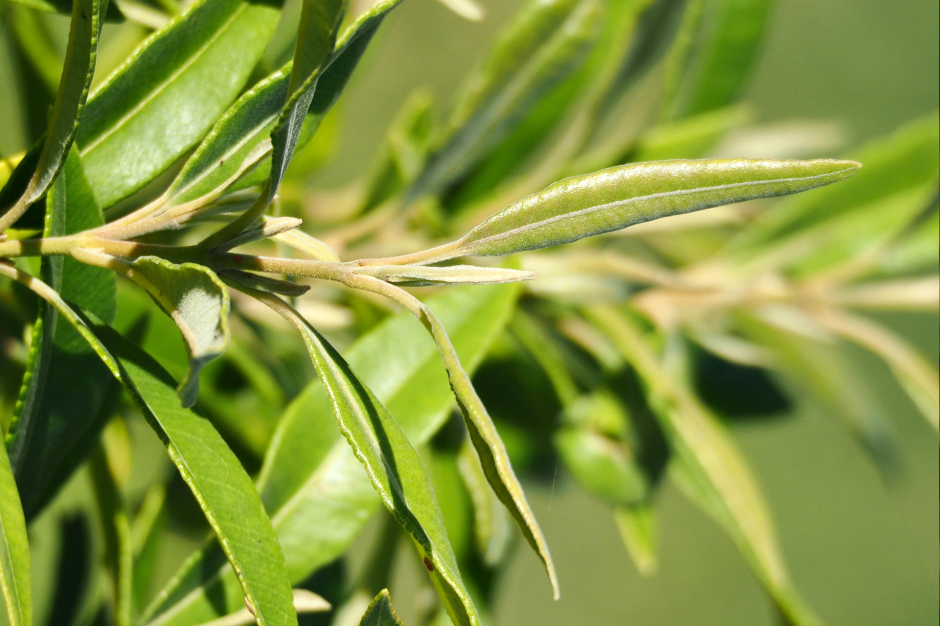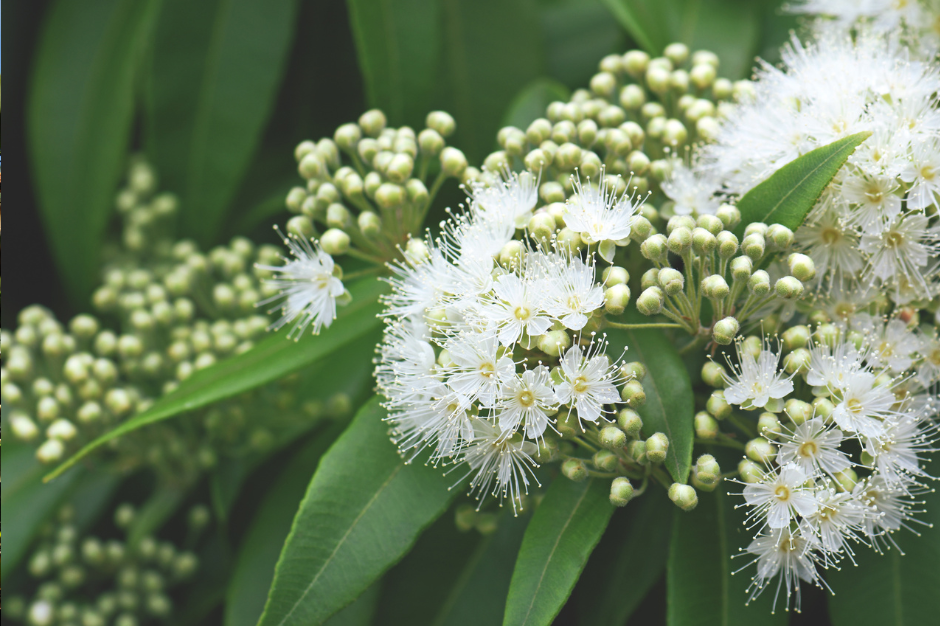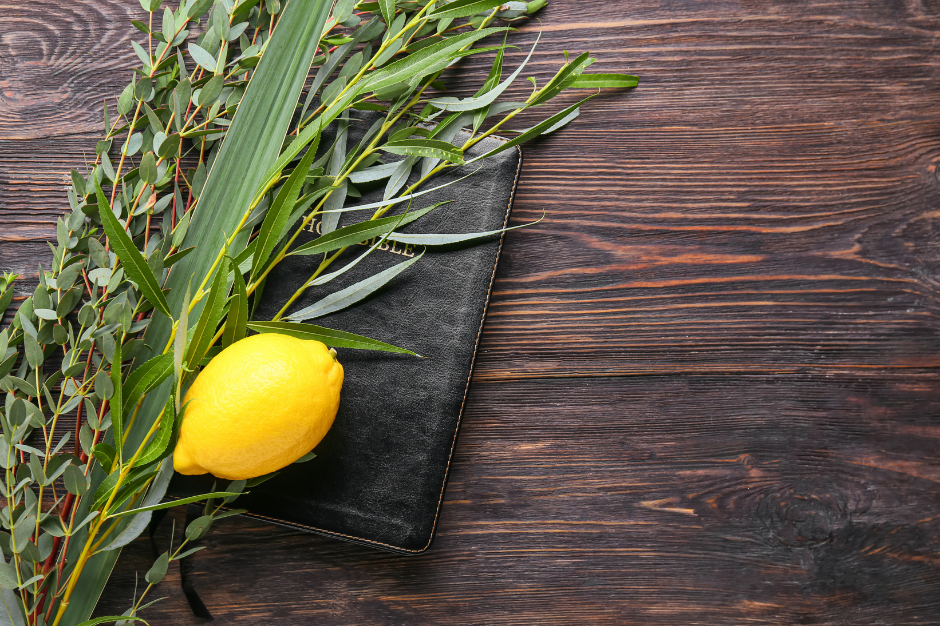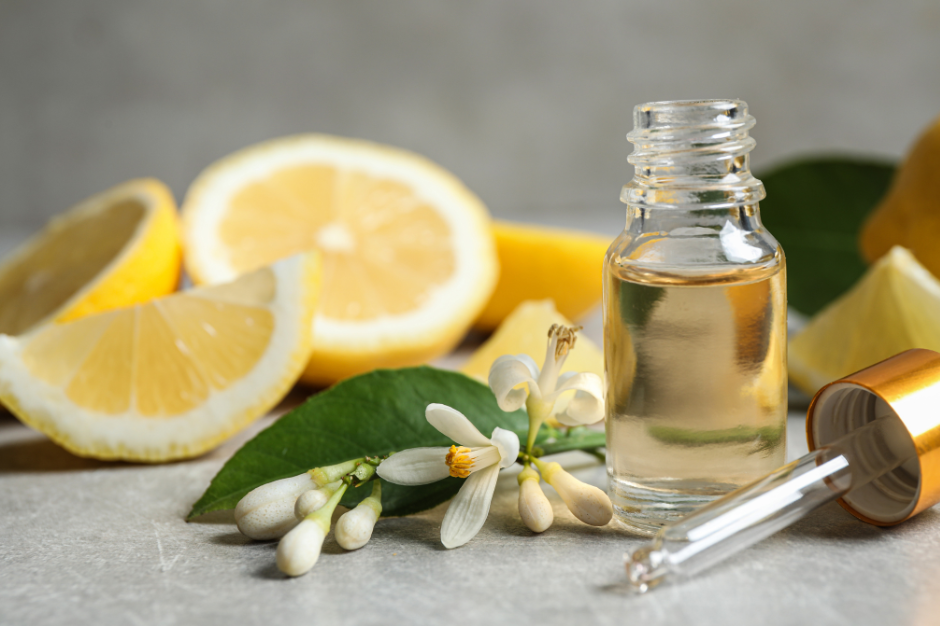Overview
Lemon Myrtle (Backhousia citriodora) is a Queensland rainforest tree growing to 8 metres in height, although if regularly pruned it can be kept to bush size and is therefore suitable for home gardens. Lemon myrtle leaves, growing to 10cm in length, are rich in lemon oil.
Citral accounts for over 90% of the plants essential oil (note: lemons have approximately 3% citral).
Lemon myrtle has an abundance of uses. Its leaves can be used fresh or dried and the oil can be extracted through distillation. Fresh or ground dried Lemon myrtle leaf has endless applications in sweet or savoury dishes and drinks.




